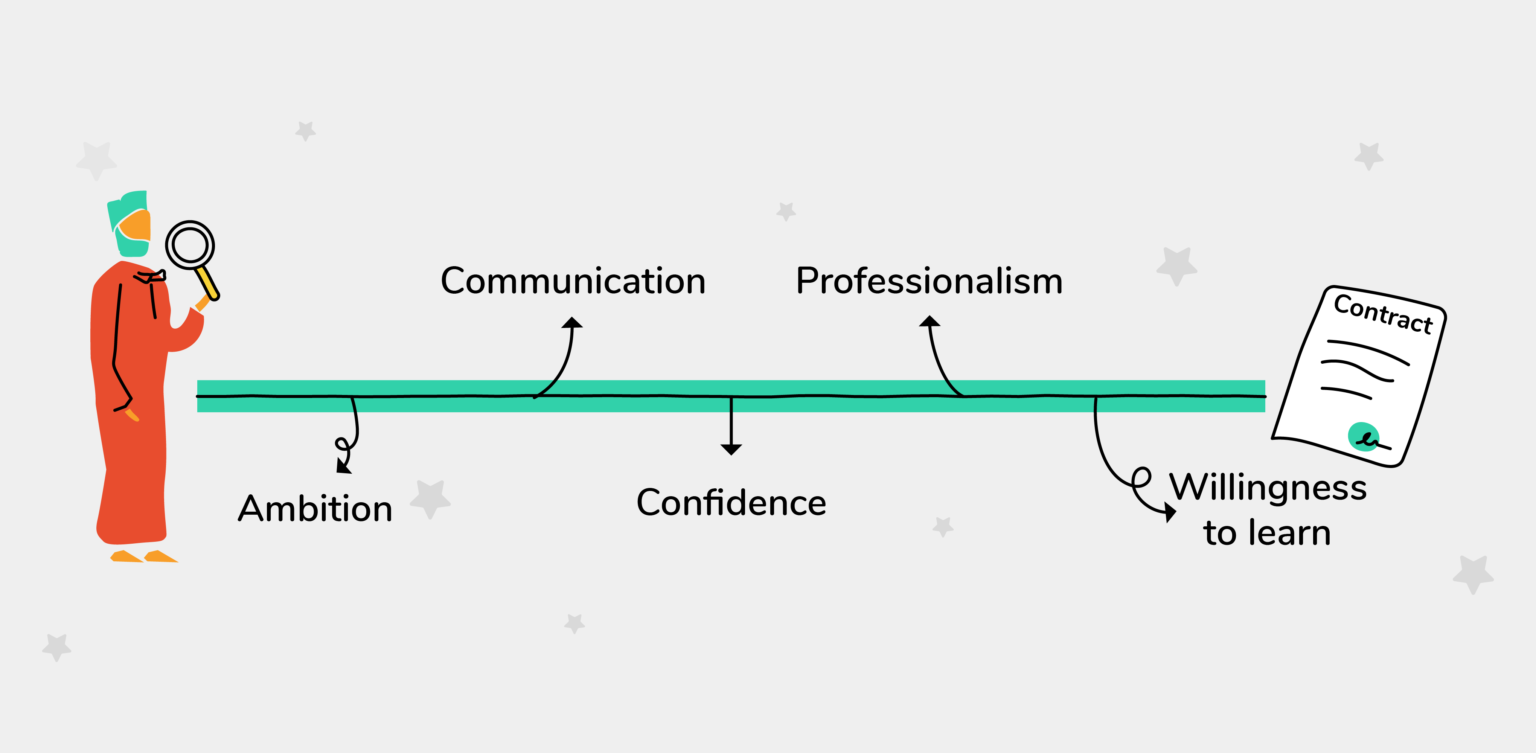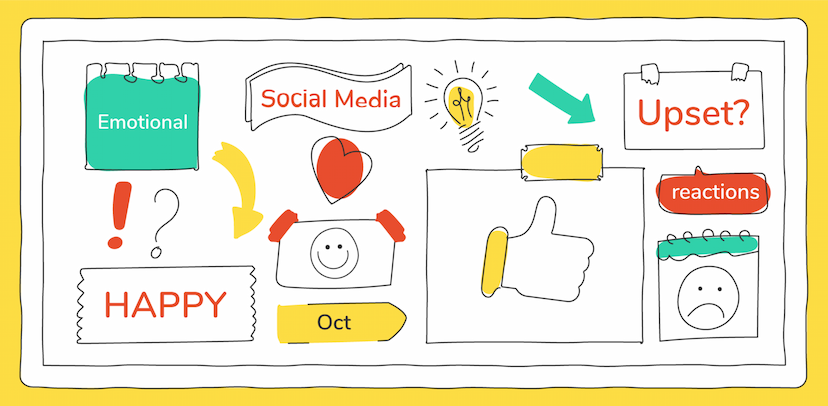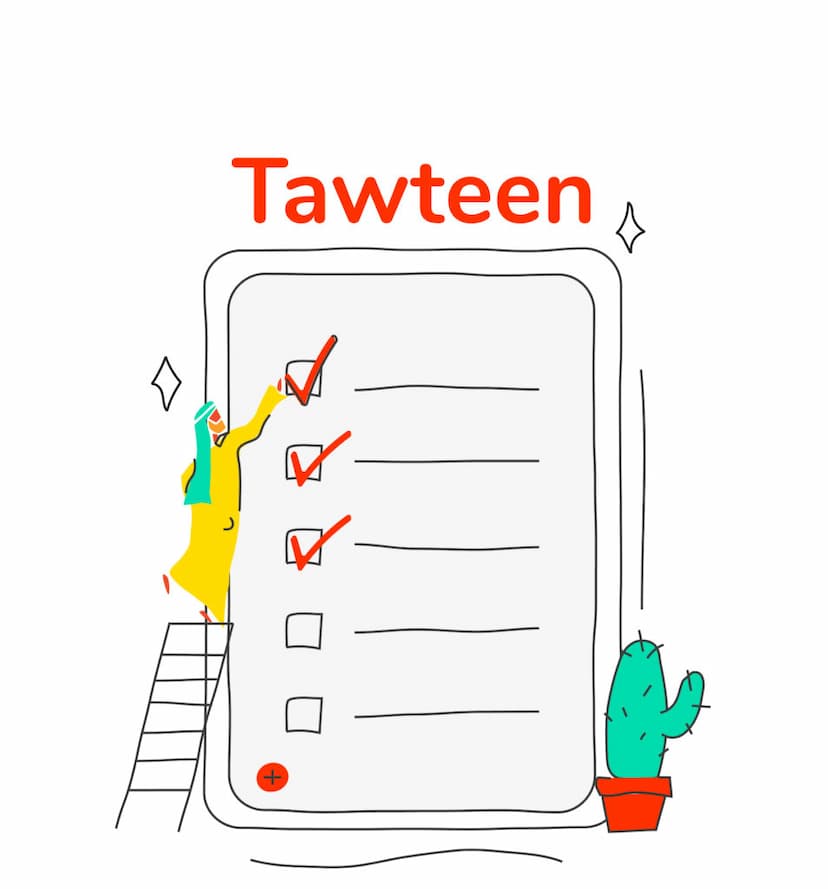Fantastic Employees for retail and F&B | How to find them?

مقالات ذات صلة
قد يعجبك أيضاً..

For Employers
Running out of ideas? | A Guide to Emotional Marketing in Retail and F&B
23 نوفمبر 2023•6 دقائق قراءة

For Employers
Guide: Onboarding and training for Retail and F&B staff from A to Z | Includes downloadable templates.
23 نوفمبر 2023•7 دقائق قراءة

For Employers
[Checklist] The Full Guide to Tawteen in Malls and Sales Outlets
23 نوفمبر 2023•6 دقائق قراءة
